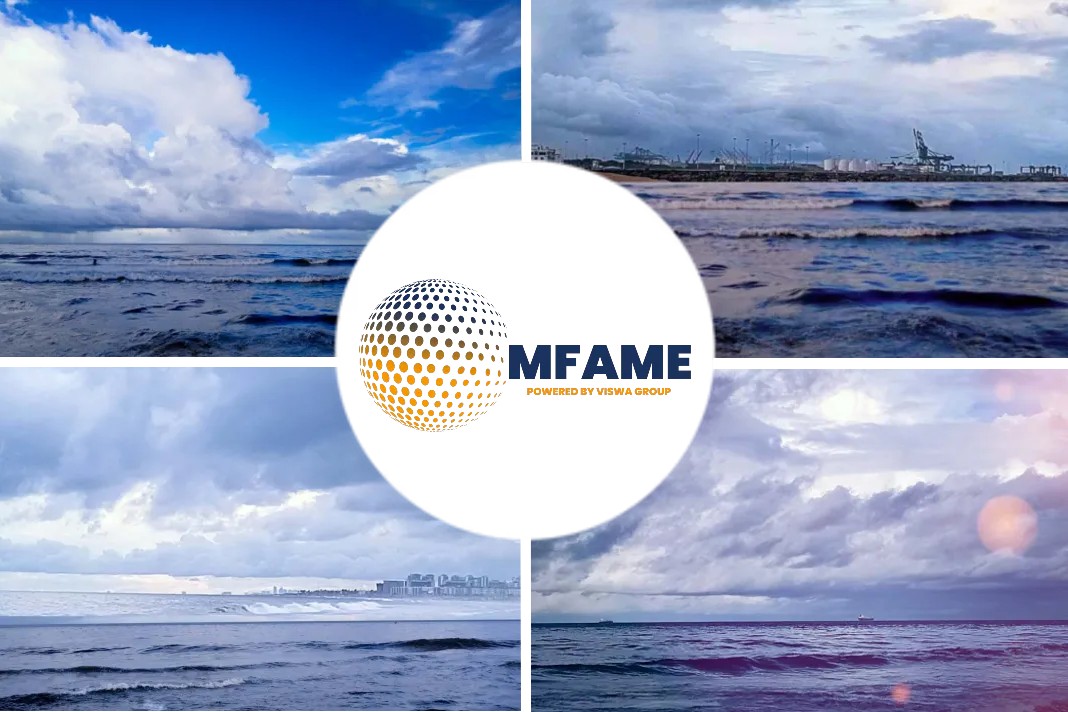- Middle East shipping hub is going to start enforcing sweeping new rules on the sulfur content in vessel fuel gradually.
- United Arab Emirates will start by taking a flexible approach toward those ships that breach the environmental regulations.
- Shipping agents must notify the authorities if a vessel heading to a U.A.E. port is carrying non-compliant fuel and ships will be subject to spot checks.
According to an article published in Bloomberg News, the world’s oil tanker owners can breathe a sigh of relief: a vital Middle East shipping hub is going to start enforcing sweeping new rules on the sulfur content in vessel fuel gradually.
UAE adopts flexible approach
The United Arab Emirates will start by taking a flexible approach toward those ships that breach the environmental regulations when they enter into force on Jan. 1, Federal Transport Authority Chairman Abdullah Al Nuaimi said in an interview.
“It’s not going to be right from day one” that the U.A.E. starts imposing penalties, Al Nuaimi said. “It’s very important to realize that we look at things not in terms of ‘either you do this or you will be paralyzed.’ We think: ‘what would be the easiest way for you to operate within our environment?’”
No planes to punish non-compliant ships
While the U.A.E ratified the rules in May, it won’t rush to punish non-compliant ships, he said. The nation’s position matters because it’s home to Fujairah, where thousands of ships go to refuel each year when calling at ports in the oil-rich Middle East. Shipping groups have been pressing for governments to be flexible and pragmatic in cases where vessels can’t obtain suitable compliant fuel. There are also owners who’ve invested billions of dollars getting ready and would prefer strict enforcement.
The rules, known in the oil market as IMO 2020, are being imposed by the International Maritime Organization, the UN’s shipping agency. The countries that ratified the regulations made a commitment to implement them from Jan. 1, the IMO said by phone, declining to comment on the U.A.E.’s stance.
U.A.E. authorities nevertheless do anticipate a high level of compliance. Vessels with the wrong fuel in their tanks won’t be welcome, said Mousa Murad, managing director at Port of Fujairah.
Agents to notify authorities
Shipping agents must notify the authorities if a vessel heading to a U.A.E. port is carrying non-compliant fuel and ships will be subject to spot checks, he said, adding that it may still take two years for full compliance with the rules to be reached worldwide. Fujairah already banned open loop scrubbers that flush treated sulfur in fuel into the water. Al Nuaimi said that ships rejected by another port for non-compliance should not call in the U.A.E.
Hessa Al Malek, marine transport executive director at the FTA, reiterated that authorities won’t start with an overly strict approach and that it’s important to accommodate ports’ commercial interests. Even so, the U.A.E. does already have the legislative power to act against vessels that are non-compliant and ultimately will do so, according to FTA officials.
Rules aimed to promote human health and environment
While the U.A.E.’s nuanced position may come as a relief to those shipping groups that called for understanding from port authorities, it underscores just how tricky initial enforcement might be of regulations aimed at improving human health and combating environmental concerns like acid rain. Some countries are ready to impose heavy fines and even jail terms if vessels burn fuel containing more than 0.5% sulfur, the limit imposed under the regulation. The pollutant accounts for 3.5% of shipping fuel in most parts of the world today.
The U.A.E. is the only Arab nation to hold ‘Group B’ status at the IMO. The country will push for global standards to deal with ships that break the rules, he said. At a national level, lawmakers are developing a maritime trade law that will help standardize penalties across ports, he said, adding that the rule will “hopefully” pass in the first half of next year.
UAE to derail global compliance
The U.A.E.’s pragmatism is unlikely to derail global compliance. Most countries that matter in the global oil trade are ready to enforce the IMO’s regulations, so they’re unlikely to tolerate ships coming with non-compliant fuel on board anyway. From March, there will also be a ban on carrying overly sulfurous fuel, something that will act as a further deterrent.
The Port of Fujairah circulated a notice in February stating that 0.5% sulfur bunker fuel would be available by the end of the month. Fujairah and Abu Dhabi National Oil Co. are “probably five years ahead of any competitor” in terms of their supply of compliant fuels, Al Nuaimi said.
“I’m quite sure that we are benefiting from this,” he said.
Did you subscribe to our daily newsletter?
It’s Free! Click here to Subscribe!
Source: BloombergNews

























